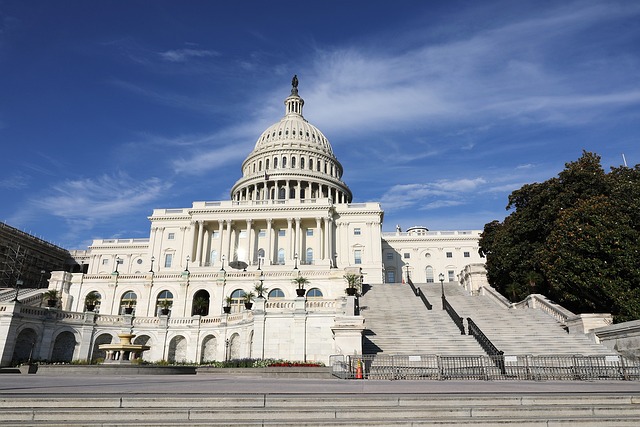From my America Out Loud Pulse podcast with Charles Frohman –https://www.americaoutloud.news/health-freedom-is-more-than-insurance-coverage/
Covid brought out the brewing distrust of the government to do what is best for the general populace, not merely their biggest donors. There are attacks on our health freedom from many directions. The Biden administration wants to limit the duration people can have less costly short term health insurance back down to 3 months. Of course, there are drawbacks, including high deductible and co-pays, and no coverage for pre-existing conditions. But that is an area for transparency. If that’s is what you want, knowing the drawbacks, you should be able to get it.
Another ridiculous push from the executive branch is continuing and worsening the Affordable Care Act’s (ACA Section 6001) limits on physician-owned hospitals. Thanks to the ACA, with a few exceptions, new physician-owned hospitals cannot be built and they are prohibited from expanding facility capacity. This is despite evidence that these hospitals provide high quality care at lower cost. According to new transparency data, both commercial negotiated prices and cash prices in physician-owned hospitals were about one-third lower than their competitors across eight common services. Let’s hope the recently-introduced Patient Access to Higher Quality Health Care Act of 2023 which would remove the ACA’s ban on the creation and expansion of physician-owned hospitals gets some traction.
Speaking of our health, I’d like to mention our food. They say you are what you eat. With our increasing diabetes and obesity, there is emphasis on eating more healthful foods. Food not only is made from gene-altered seeds but so-called real chicken is being made in the lab. Maybe it’s just fine, but the Food & Drug Administration (FDA) approved the lab-chicken as safe in one year. The United States Department of Agriculture (USDA) gave the final stamp of approval to two companies to sell the lab-grown or “cultivated” chicken. The companies will start by selling their product to high-end restaurants. Be careful where you eat. The way so many institutions consider informed consent optional, I wonder if and how this new chicken product will be labelled.
Today my guest and I will discuss various forms of unnecessary government intervention into our overall health and some solutions rooted in freedom.
Please visit Charles’ websites: Substack, Freedom Hub show, and NHF campaigns.
Bio
Charles Frohman is a lobbyist for the National Health Federation to restore informed consent, healer freedom, and end special interest capture of the bureaucracies. After graduating in 1988 with a Government B.A. from the College of William and Mary, he landed at the Cato Institute, and lobbied for a variety of nonprofits focusing on medical freedom. , including Health Ventures for Pain Medicine Rights, Consumer Health Reform, and Natural Health. Since 1990 I have helped politicians, trade associations, think tanks, nonprofits and corporations innovate – and raise their profile. Mr. Frohman is also connecting an innovative health plan with families, entrepreneurs and associations seeking empowerment of patients and healers. advancing the NHF’s health-freedom agenda.








